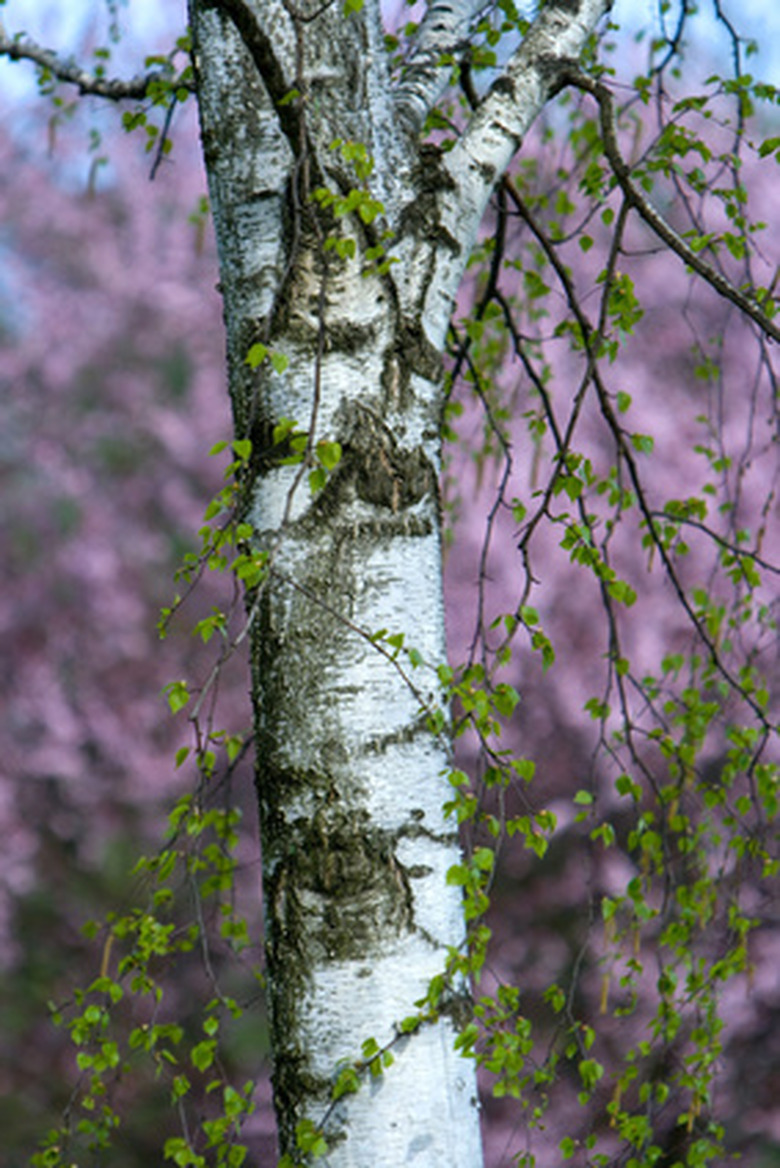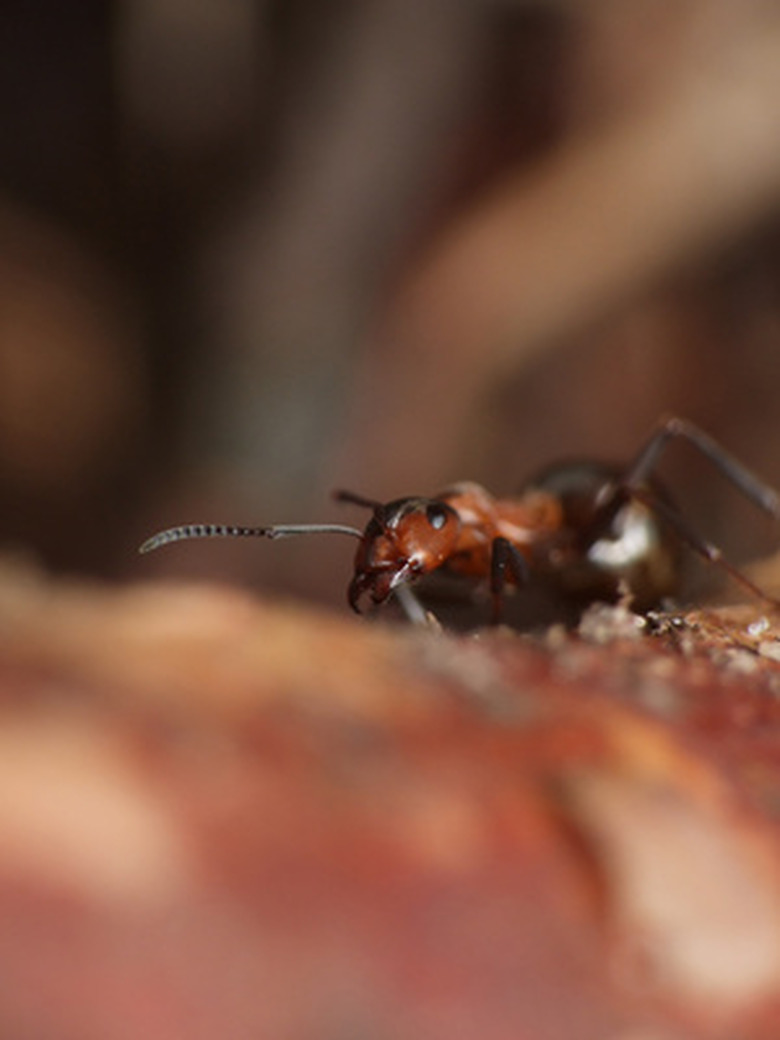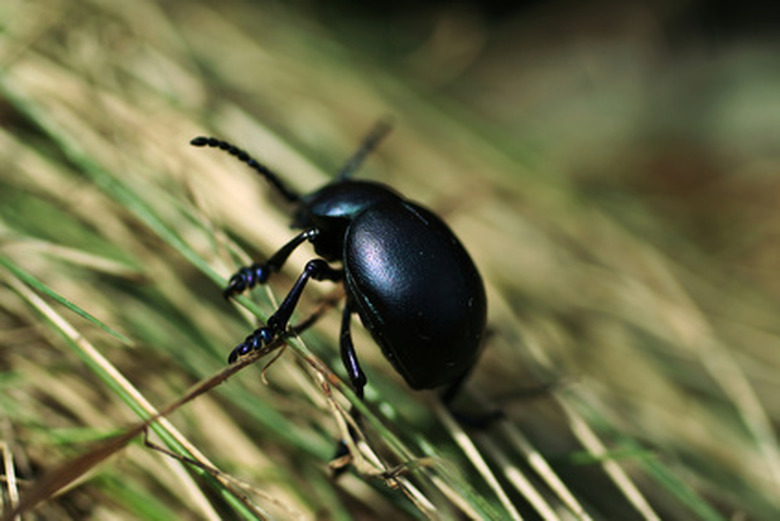Birch Trees & Ants
Birch trees are graceful plants of the genus Betula. The name birch actually means bark and contains twenty-five species of these majestic trees. Poets and play-writes have written about the birches regal beauty which is unsurprising considering it's silvery bark and delicate weeping foliage. The birch is prone to pest and diseases, but the most offensive problem is planting site. Often the trees are planted in areas that are too wet or too sunny, resulting in root problems and fungus as well as burnt leaves. Insect pests are common with the birch borer at the top of the list.
Identification
Birches are considered a medium sized tree although some can get 40-50 feet tall. They are generally short lived,around 25 years, and are brittle and can be damaged by ice and wind. The roots like to be cool and moist but the foliage must experience light at least part of the day. Planting in semi-sheltered areas with well-drained soil, is the best situation for a birch.
- Birch trees are graceful plants of the genus Betula.
- Often the trees are planted in areas that are too wet or too sunny, resulting in root problems and fungus as well as burnt leaves.
Ants
Ants will feed upon almost anything but most are attracted to sweets. Sugar is easy to metabolize and syrup-like secretions are especially attractive. Honeydew from aphids is a special treat and any plant with aphids will most likely swarm with ants. Ants are even known to "herd" aphids so they have a ready supply of the honeydew for food.The presence of ants on a tree or plant indicates that there are already other pests involved.
Birch Borer
A common problem for birch trees is a borer. These are insects that burrow into the wood of the tree.They are small beetles that seek out trees which already have been weakened. The beetles will kill the tree and have been know to infest and kill out entire stands of birch. The boring of the insects forces the birch to release sap to cover the wound. The sap is sweet and will attract ants.
- Ants will feed upon almost anything but most are attracted to sweets.
- Honeydew from aphids is a special treat and any plant with aphids will most likely swarm with ants.
Symptoms
The birch borer is just part of the cycle between ants and birch trees but if they are eradicated, the sweet saps that attract the ants will stop.Symptoms of the beetles include sparse stunted growth in the canopy. Severe infestation will cause twig die-back and then entire branches will be effected. Foliage will drop even out of season and the bore lines in the trunk are visible. If proper steps are not taken the tree will die as its wood and vascular system are invaded.
Prevention/Solution
A birch is less likely to be infested if it is strong and healthy, so the first thing is to evaluate where it is planted. If it is in clay soil and has constantly wet roots it will not thrive. Additionally, if it is grown in an extremely hot area where its foliage is burning off, the plant can't process sugars for photosynthesis and will decline. Birch borers respond to pesticides. The application of insecticide to the trunk can help in control. Spray in early June and twice more at two week intervals. Use Methoxyclor or Lindane as package directions indicate. If there are no other problems such as aphids, the ants should leave as soon as the sap is no longer produced in defense.
- The birch borer is just part of the cycle between ants and birch trees but if they are eradicated, the sweet saps that attract the ants will stop.


